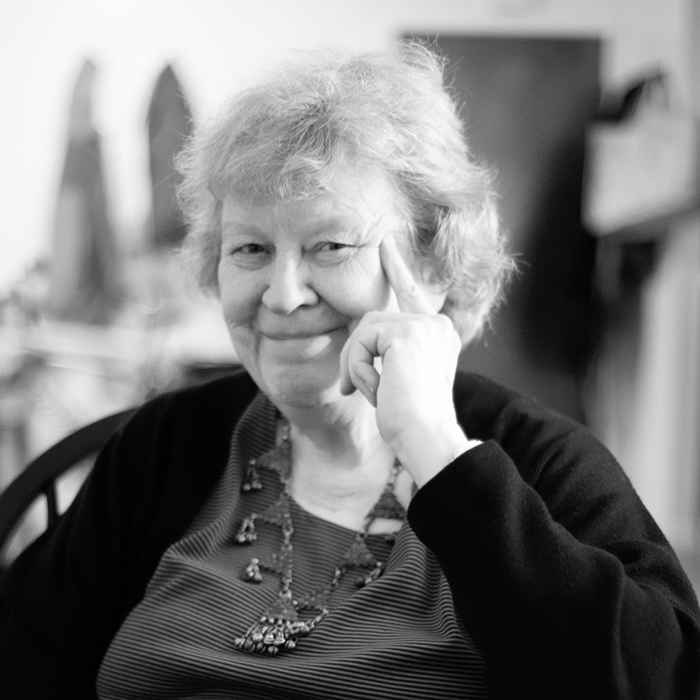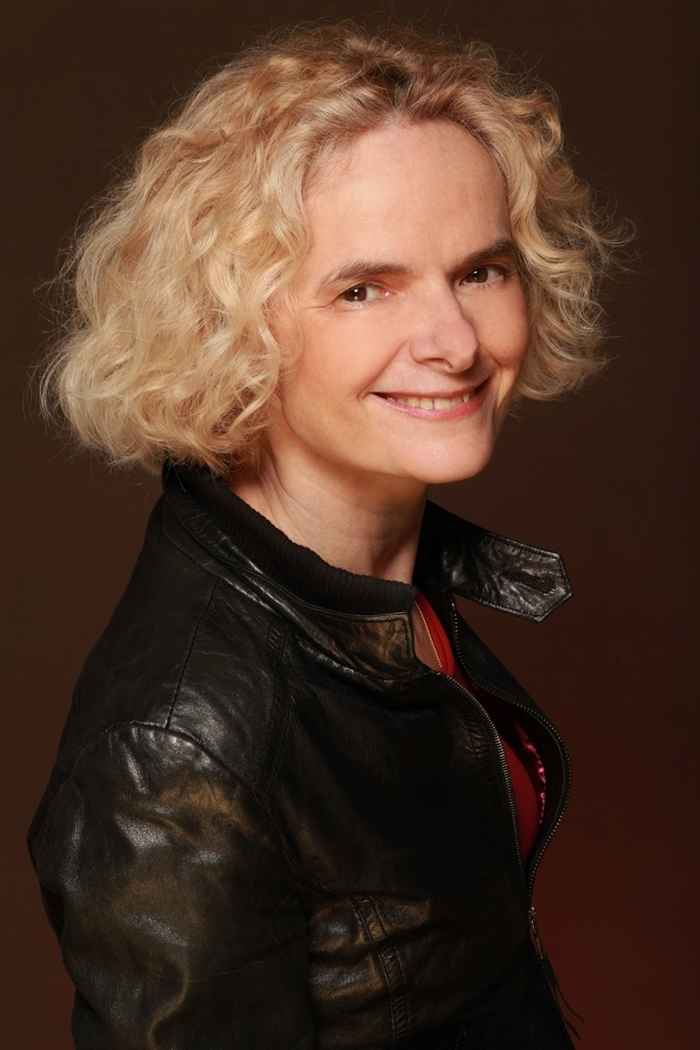Honorary doctorates awarded to Barbara Partee and Nora Volkow
8 November 2017


Barbara Partee: bridging formal semantics
Barbara H. Partee (1940) is Distinguished University Professor of Linguistics and Philosophy at the University of Massachusetts (Amherst, Massachusetts). Partee played a crucial role in the development of formal semantics of natural language. Partee’s influence in this domain of linguistics continues to be considerable. Formal semantics emerged in the 1960s and 1970s at the intersection of various disciplines. Initial ideas that were essential to the development of formal semantics were developed by logicians and philosophers, especially Richard Montague and David Lewis. Partee, a linguist trained in the tradition of transformational generative grammar (she obtained her PhD under the supervision of Noam Chomsky), was the first linguist to realise the importance of these ideas for the development of semantics within linguistic theory. Not only did she strongly promote the acceptance of formal semantics within linguistics and work to foster the cooperation of logicians, philosophers, and linguists, but also made many substantial contributions to the development of this domain. For example, Partee compiled the first series of articles, including her own, written by logicians and linguists about Montague Grammar, the leading model for formal semantics in the 1970s.
Honorary supervisors are Prof. Sonja Smets, professor Logic and Epistemology at the Faculty of Humanities and Faculty of Science, and Prof. Martin Stokhof, professor of Language Philosophy at the Faculty of Humanities.

Nora Volkow: pioneer in addiction research
Nora D. Volkow (1956) is director of the National Institute on Drug Abuse (Bethesda, Maryland), which supports most of the world's research on the health aspects of drug abuse and addiction. She has done pioneering work by being one of the first researchers to study the brains of patients suffering from drug addiction with the use of neuro-imaging. Volkow hereby studied the toxic effects and addictive qualities of drugs and identified changes in the dopamine system. These changes influence, among other things, the functions of areas in the prefrontal cortex that are involved in motivation, drive and pleasure in addiction. This led to the insight that drug addiction is a disease of the brain and therefore a treatable illness instead of a moral weakness. Volkow also conducts research into obesity, a disease that, just like addiction, is often associated with personal weakness. She initiated a novel research and treatment model for both addiction and obesity. In addition, Volkow has made important contributions to the neurobiology of ADHD and ageing.
Honorary supervisor is Prof. Wim van den Brink, professor of Clinical Epidemiology in the field of Addiction Care at the Faculty of Medicine (AMC-UvA).